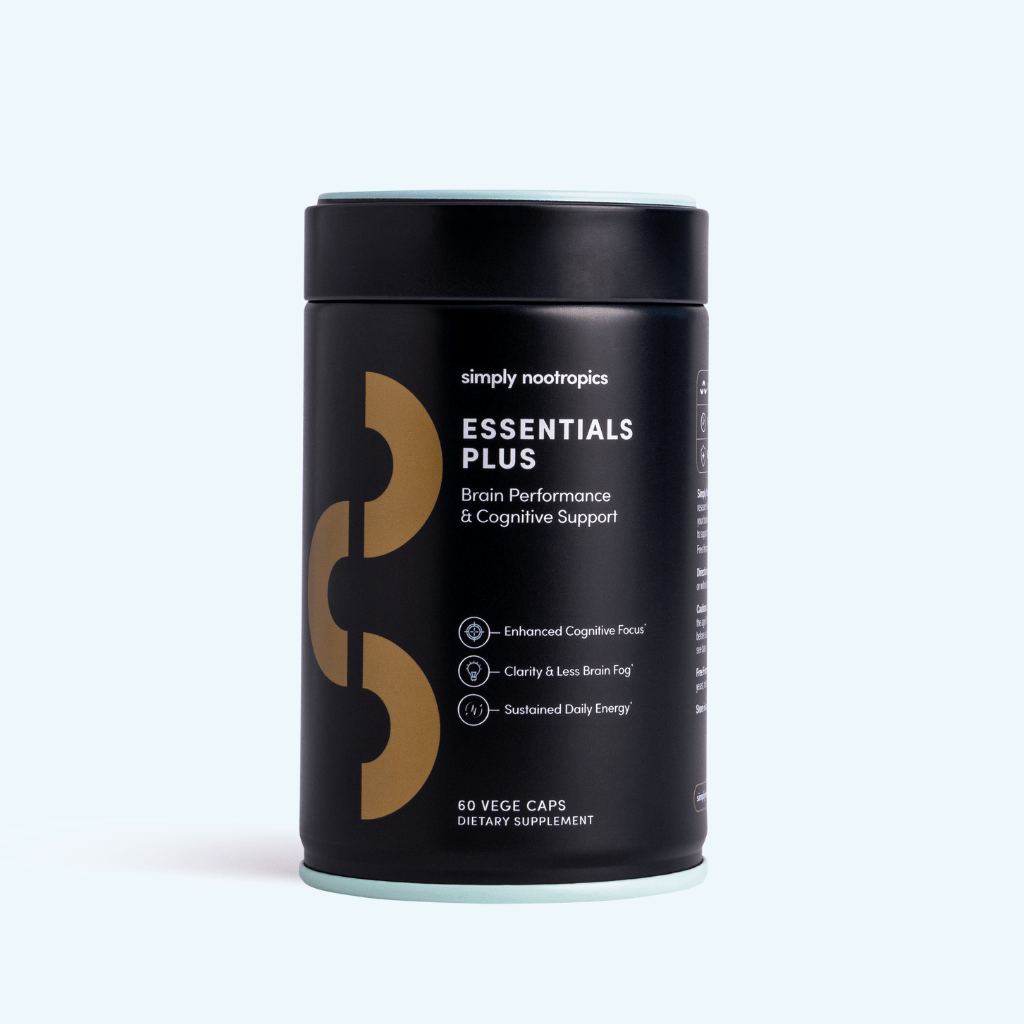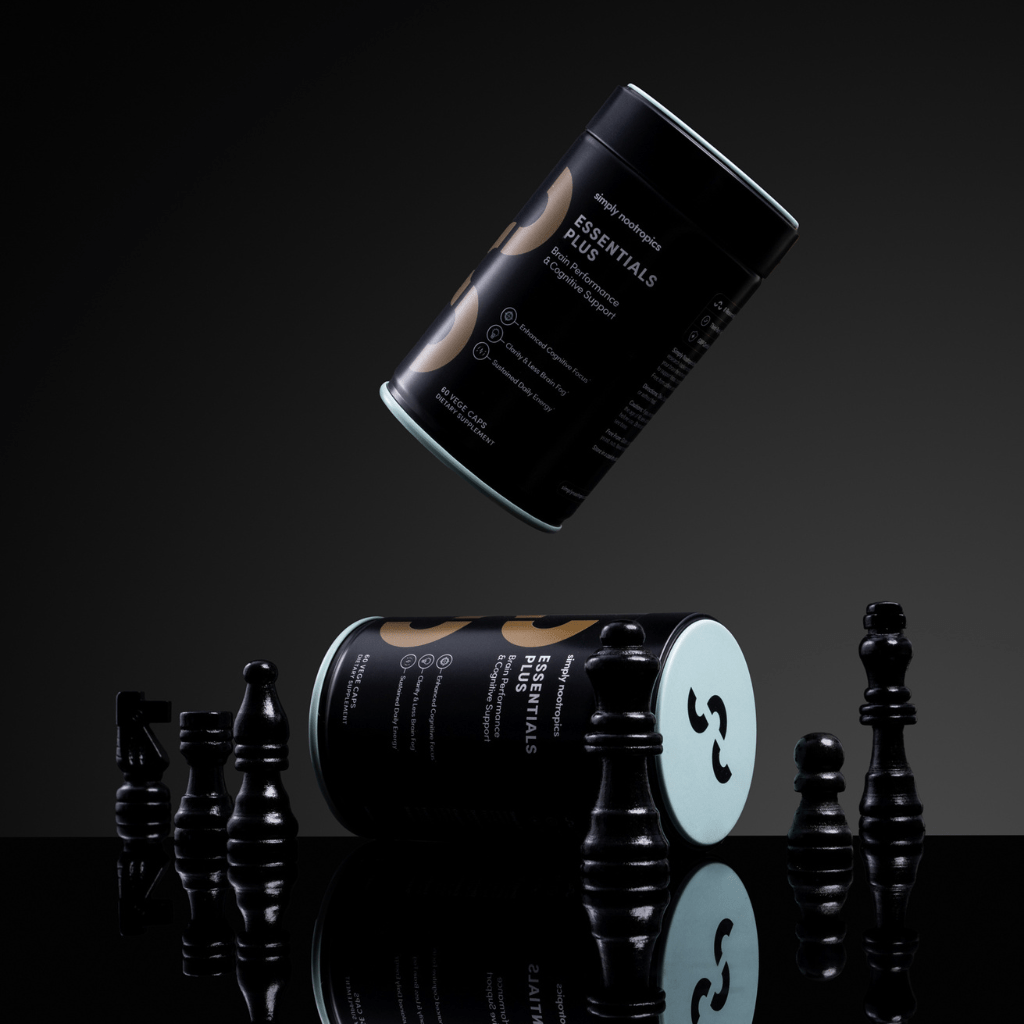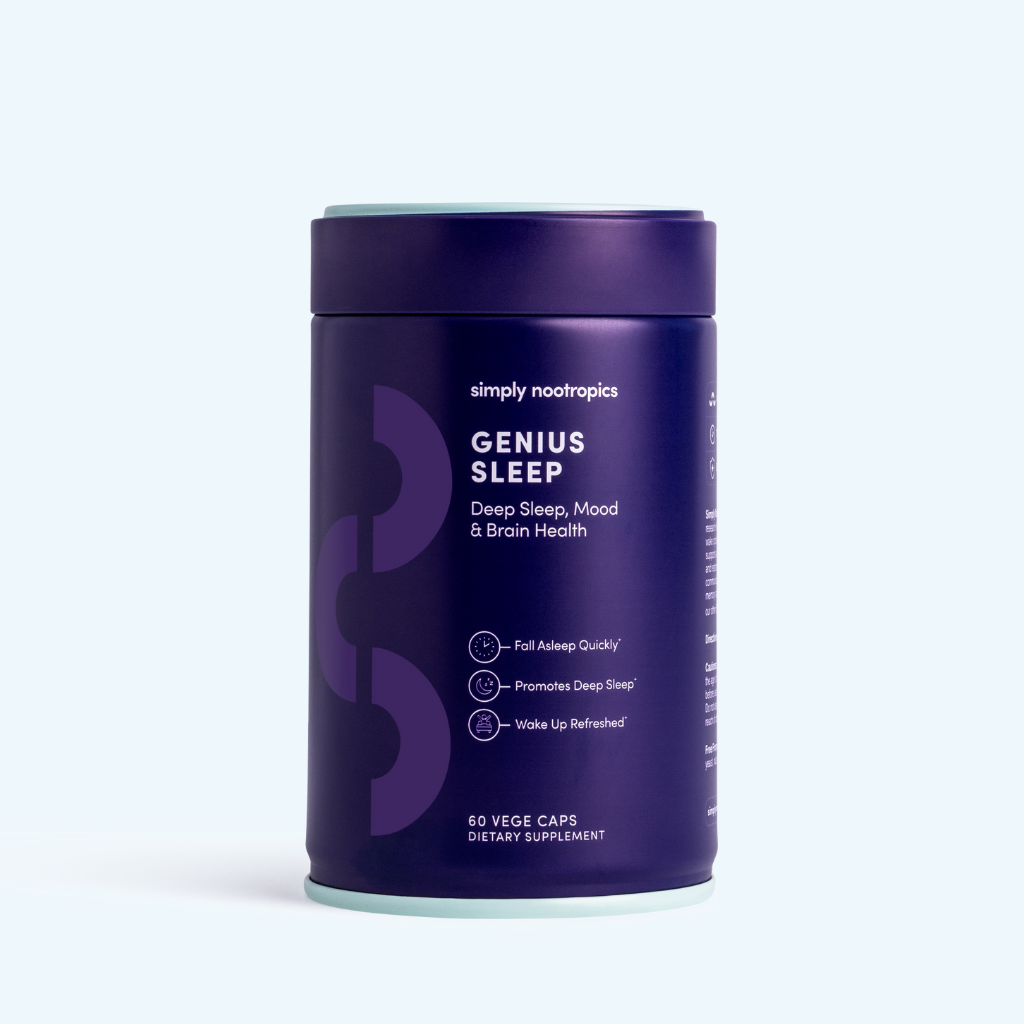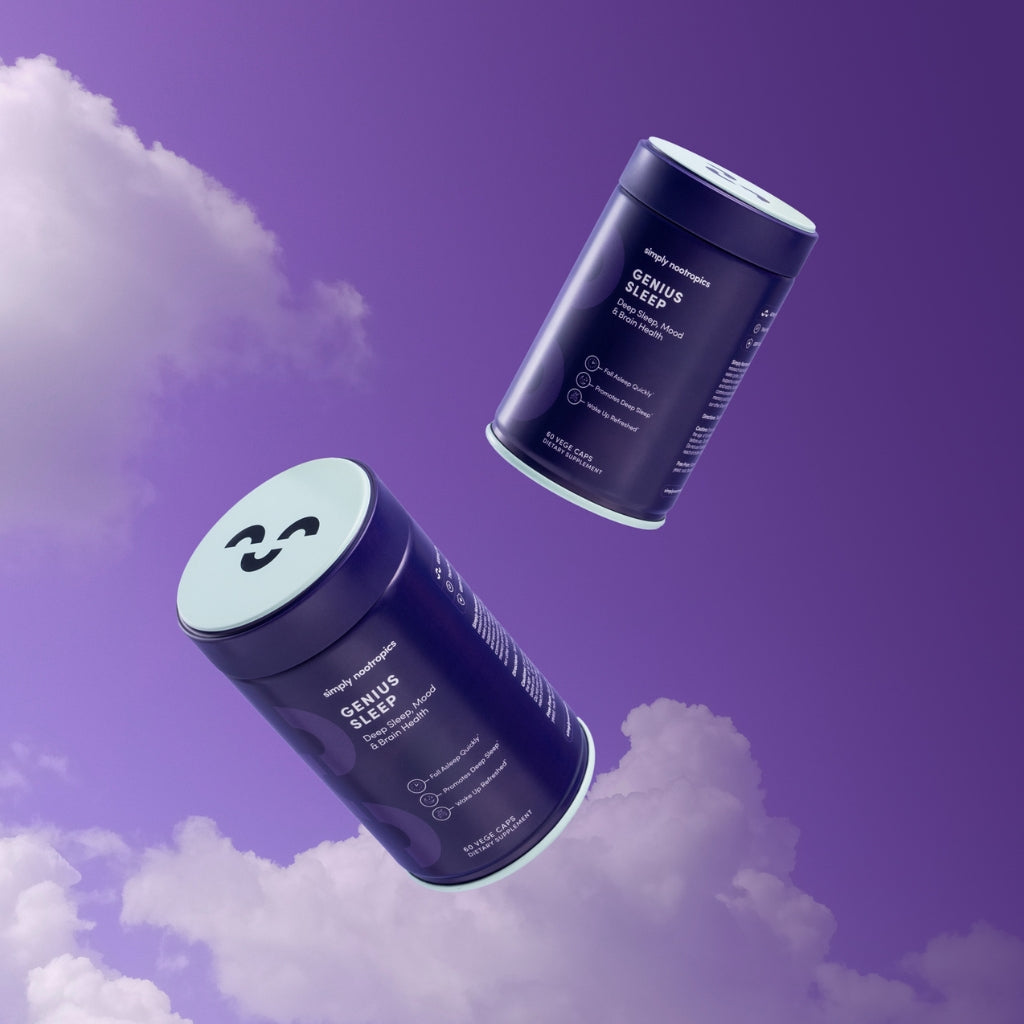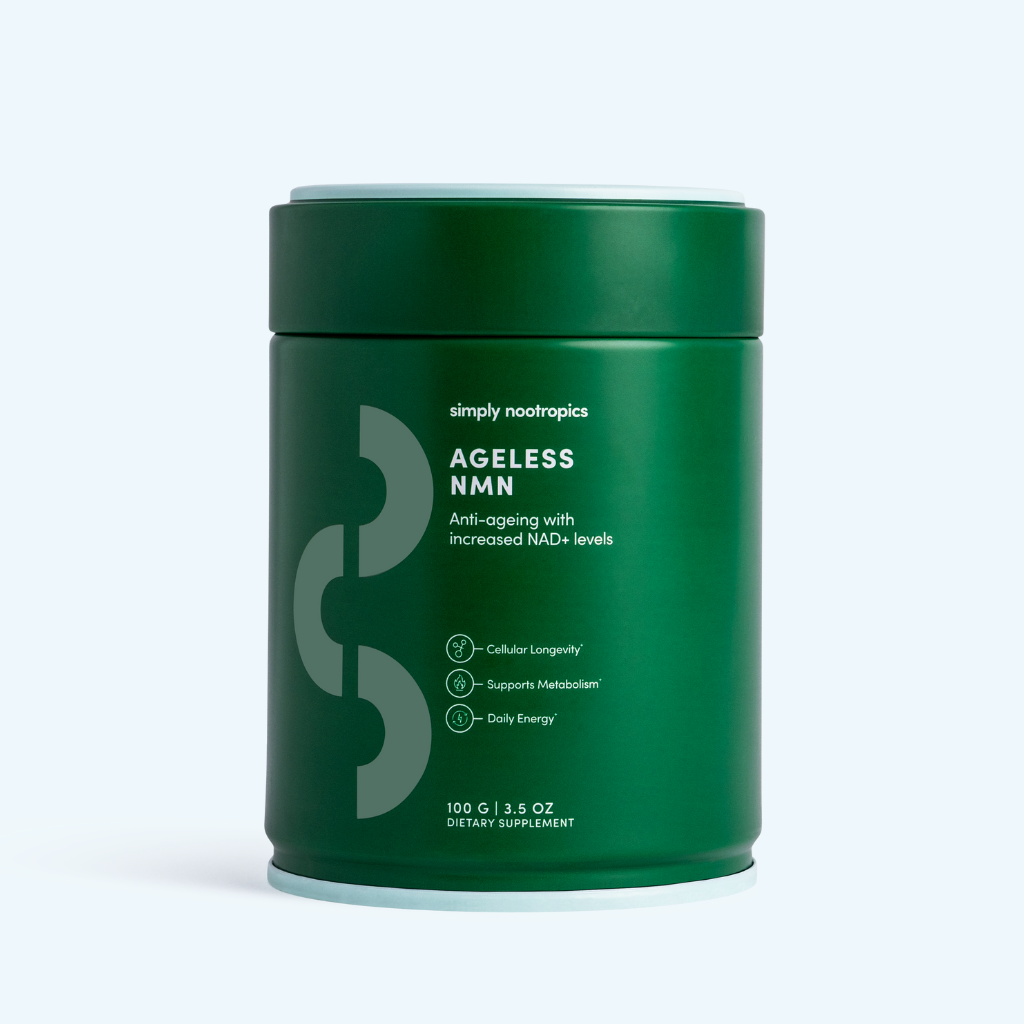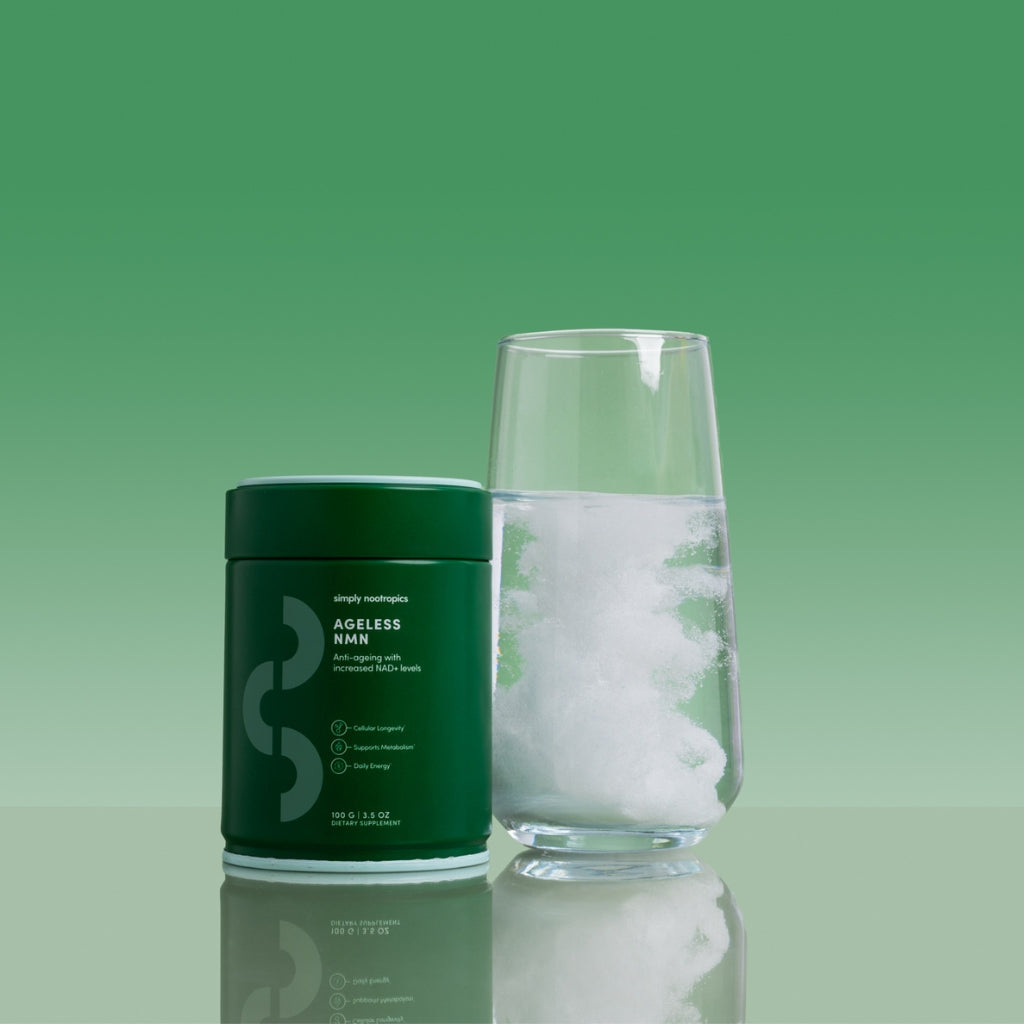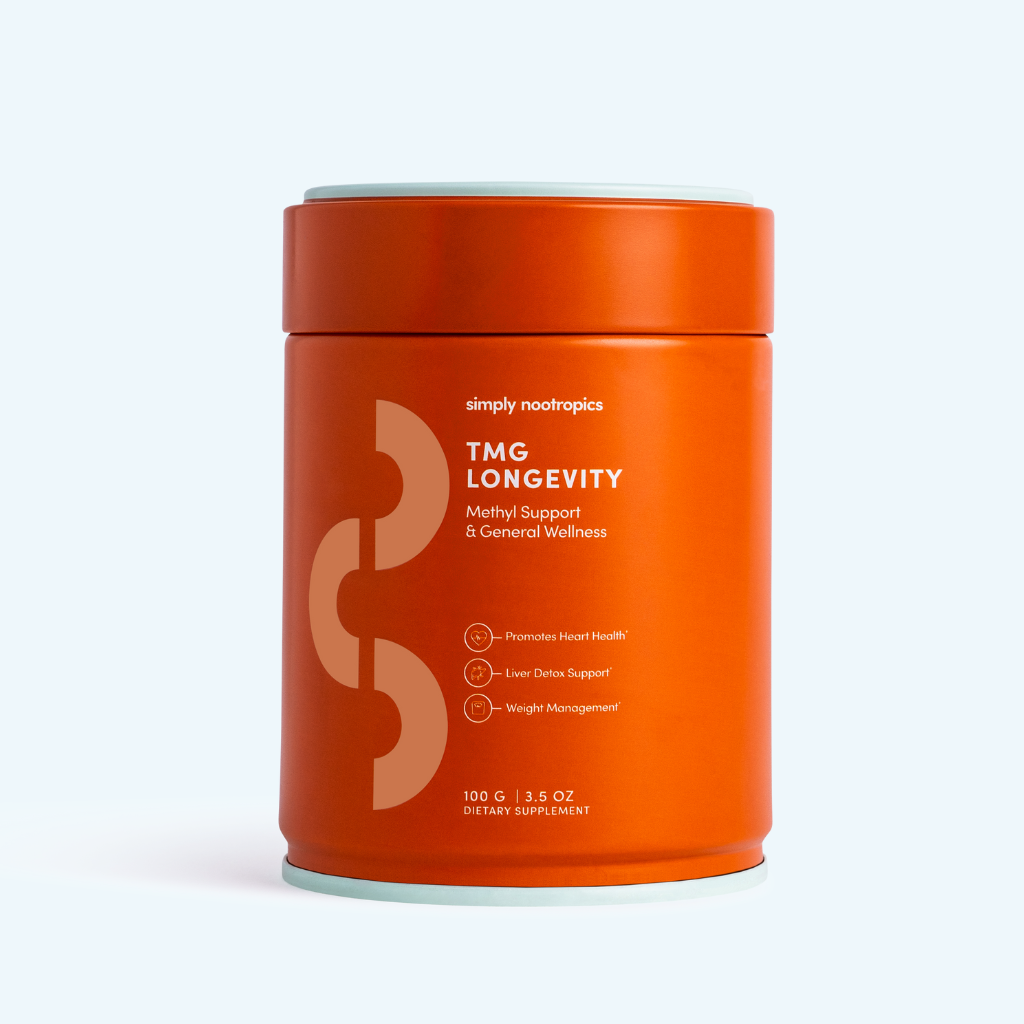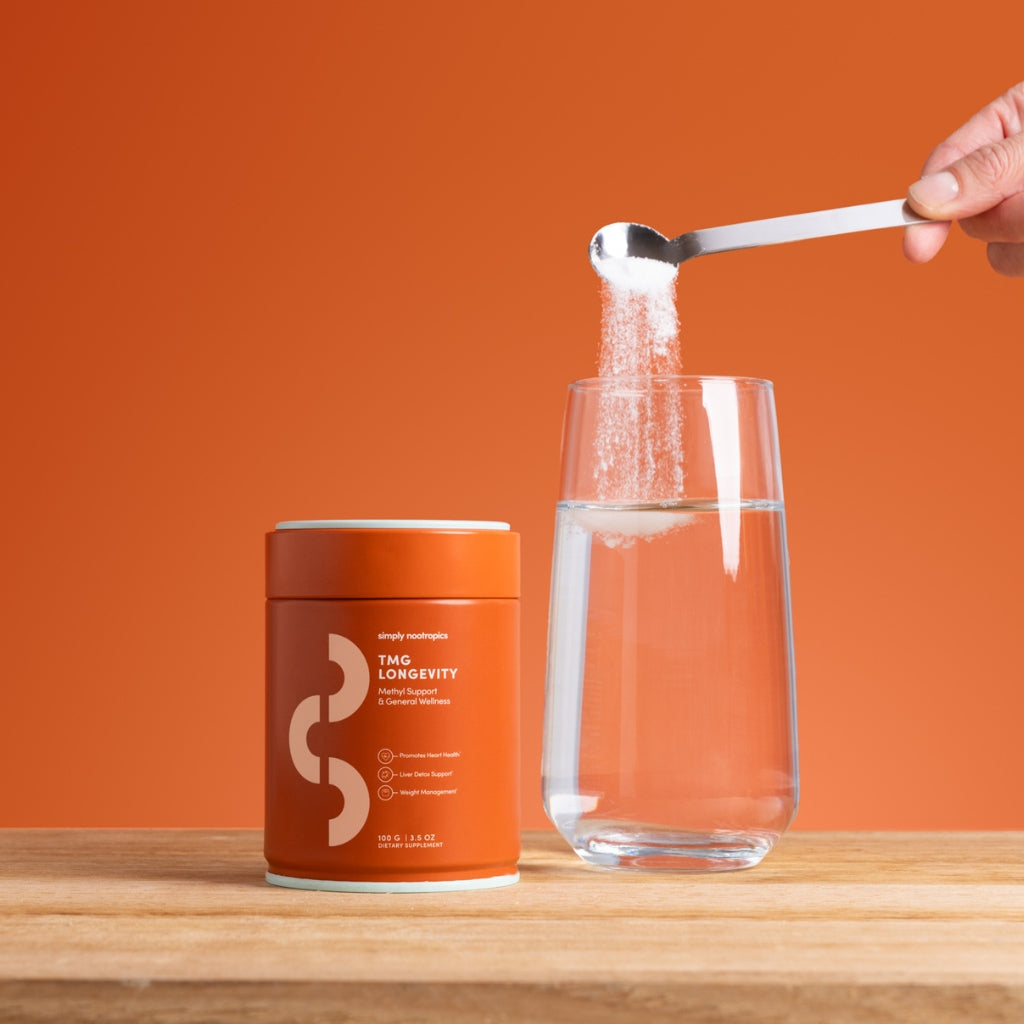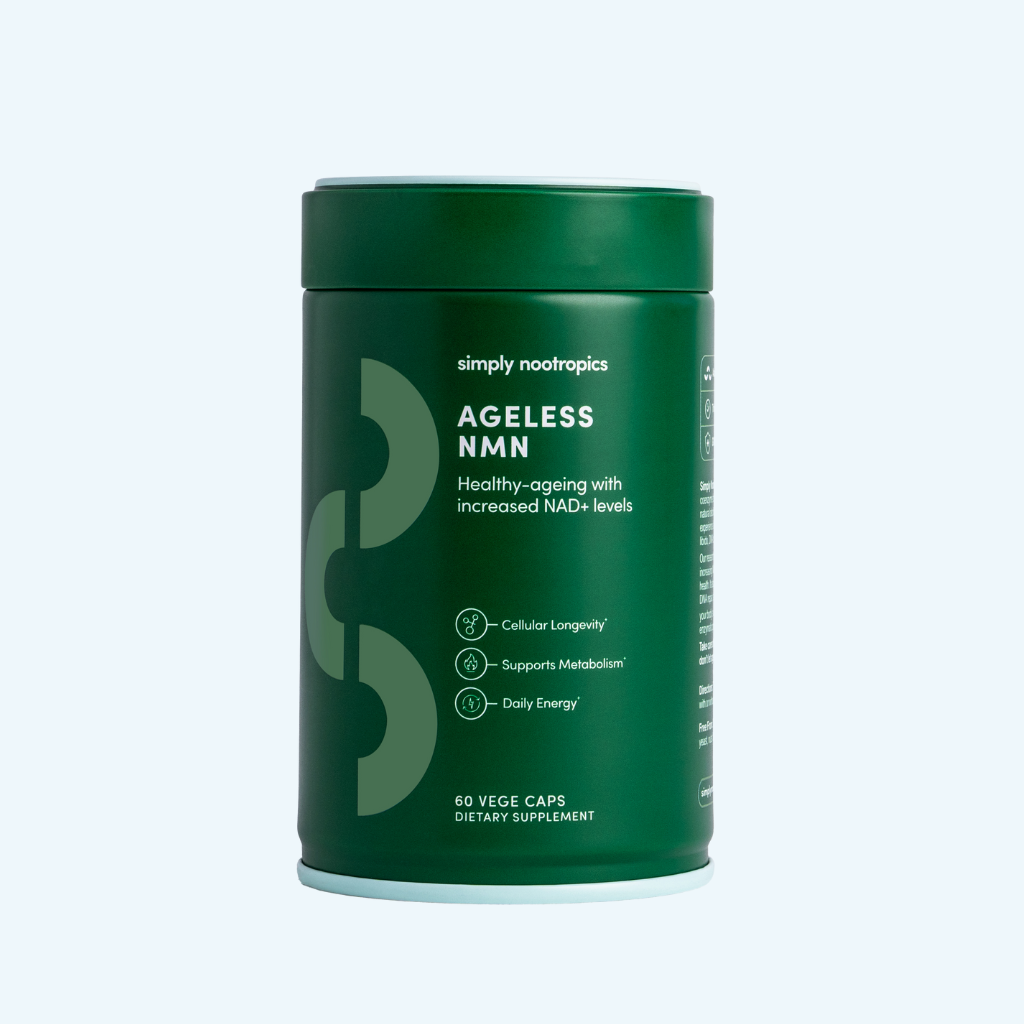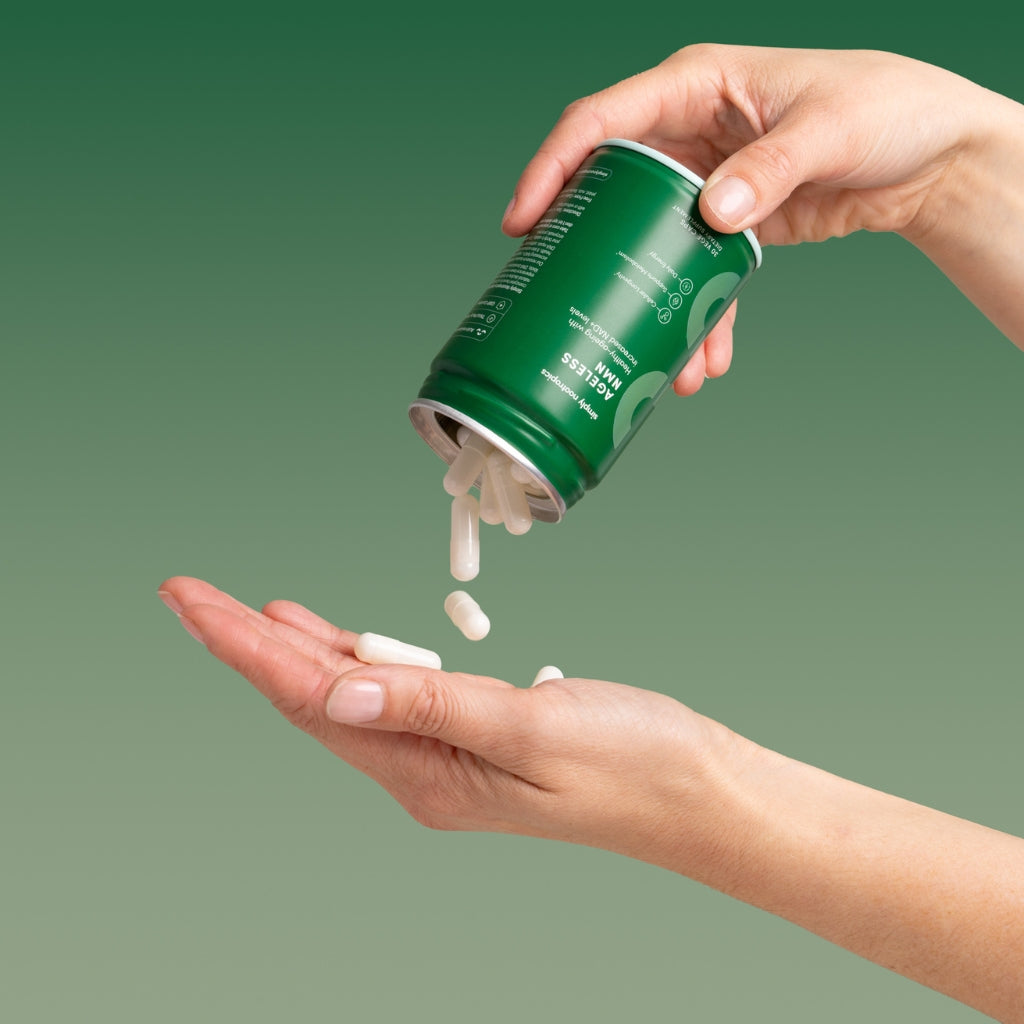From blood-based biomarkers to the surprising benefits of flavanols, this week’s roundup covers four studies that go beyond the headlines to reveal how your biology, your habits, and even your spice rack, may influence how you age. Here's what's new in the world of longevity research.
1. Vitamin D and Telomeres: A Daily Capsule with Lasting Effects?
In a sub-study from the well-known VITAL trial, researchers have shown that daily vitamin D supplementation, specifically 2,000 IU of vitamin D3, may significantly slow telomere attrition in leukocytes (white blood cells).
The trial followed 1,106 people over four years. At the end of the study, the placebo group had lost an average of 160 base pairs of telomere length. The vitamin D group? Just 20 base pairs. That’s an 87.5% reduction in biological wear at the chromosomal level.
Why does this matter?
Telomeres act as caps that protect the ends of our chromosomes. Each time a cell divides, these caps shorten, and when they get too short, the cell can no longer divide properly. Shorter telomeres are associated with age-related diseases, immune dysfunction, and increased mortality.
What’s striking about this study is the real-world impact: many people are already taking vitamin D for bone or immune health. Now, there’s evidence that it might be defending your DNA too.
Is it enough to just take vitamin D?
Not necessarily. This trial used a relatively high, consistent dose (2,000 IU daily). That’s above typical multivitamin levels but below the threshold of toxicity. As always, personalising your dose based on bloodwork and sun exposure makes sense. But this is a compelling reason to revisit vitamin D as a low-cost, low-effort intervention for biological ageing.
2. Your Blood Remembers: What DNA Methylation Reveals About Ageing
Researchers have developed a new method, called Epi-Clone, to trace how our blood changes over time, and the results are reshaping how we think about ageing at the cellular level.
Rather than measuring chronological age alone, Epi-Clone uses DNA methylation markers to track the lineages of hematopoietic stem cells (HSCs), the ones responsible for making all your blood cells. What they found is striking: as we get older, our blood is produced by fewer and fewer dominant stem cell clones. This narrowing of diversity is called clonal hematopoiesis, and it’s been previously linked to age-related disease and inflammation.
In younger individuals, blood production is spread across a broader set of HSCs. But as we age, certain clones take over, and they’re not always the good guys. Many are associated with pro-inflammatory traits, skewed blood cell production, and potentially even a higher risk of blood cancers.
Why this matters for longevity:
This is a major step forward in understanding how biological ageing unfolds in the background. It suggests that part of ageing isn't just about cell damage, it’s about losing functional diversity at the root level of our blood system.
The Epi-Clone method could help track early warning signs of dysfunction, before clinical symptoms appear. It's a powerful new lens into the invisible changes happening inside us, and one that could eventually guide personalised interventions based on blood ageing dynamics.
3. Tea, Chocolate, and Blood Pressure: The Flavanol Angle
A sweeping review of 145 randomized controlled trials has confirmed what many longevity enthusiasts hoped: flavanol-rich foods, like tea, dark chocolate, apples, and grapes, really do have a measurable effect on blood pressure.
The key players are flavan-3-ols, a subgroup of polyphenols found in these foods. They help increase nitric oxide production in the blood vessels, which improves vasodilation and supports healthy blood flow. That in turn lowers blood pressure, especially in people with hypertension or pre-hypertension.
Across the data, researchers found that these foods can reduce systolic blood pressure by up to 2.5 mmHg. That might sound small, but even slight reductions in systolic pressure can translate to a meaningful drop in cardiovascular risk, particularly over the long term.
What does this mean for your grocery list?
Here’s the catch: the benefit was more pronounced when intake was consistent and moderate, not excessive. So this isn’t a green light to binge on dark chocolate. But it does support the idea that small, daily habits (a cup of green tea, a few squares of 70%+ dark chocolate) can compound over time.
A reminder: not all flavanol content is equal. Processing methods, variety, and freshness all matter. Look for products that retain natural cocoa or tea polyphenols, and pair them with other nutrient-dense habits for best results.
4. Could Your Salt Habit Be Fueling Depression?
In a new study, researchers found that high salt intake can affect brain chemistry and behaviour, at least in mice, and may be linked to symptoms of depression.
The mice were fed a diet high in sodium for two weeks. Researchers observed changes in behaviour, including less interest in novel environments and lower activity, classic proxies for depressive-like states. At the molecular level, the high-salt group showed increased production of interleukin-17A (IL-17A), a pro-inflammatory cytokine previously linked to both gut and brain inflammation.
Why this matters:
Inflammation is increasingly recognised as a core driver of depression, especially in treatment-resistant cases. The salt-depression link suggests that excessive sodium could quietly influence mood through immune signalling, not just blood pressure.
It’s early days for human application, but the findings line up with broader research showing how inflammation, gut health, and mood are tightly interconnected.
The takeaway?
Salt isn’t inherently bad. But high-sodium diets, especially those that come from processed foods, not sea salt or whole foods, may influence mental health more than we thought. If you're struggling with mood issues, it’s worth looking not just at sugar or alcohol, but also at sodium, and how it might be interacting with your immune system and microbiome.
A Smart Addition to Your Daily Routine
If you're looking to support mental clarity, mood stability, and long-term resilience without overhauling your entire lifestyle, Essentials Plus offers a solid foundation.
It includes:
-
Rhodiola and Ashwagandha to help manage stress and inflammation
-
L-Theanine and CDP Choline for calm focus without overstimulation
-
Lion’s Mane and NZ Pine Bark to support brain health and repair
No caffeine, no sugar, and no unnecessary additives, just clinically relevant doses of ingredients that support the systems most often disrupted by poor sleep, chronic stress, and dietary imbalances.
If this week’s science has you thinking about small changes that add up, Essentials Plus is a practical place to start.



